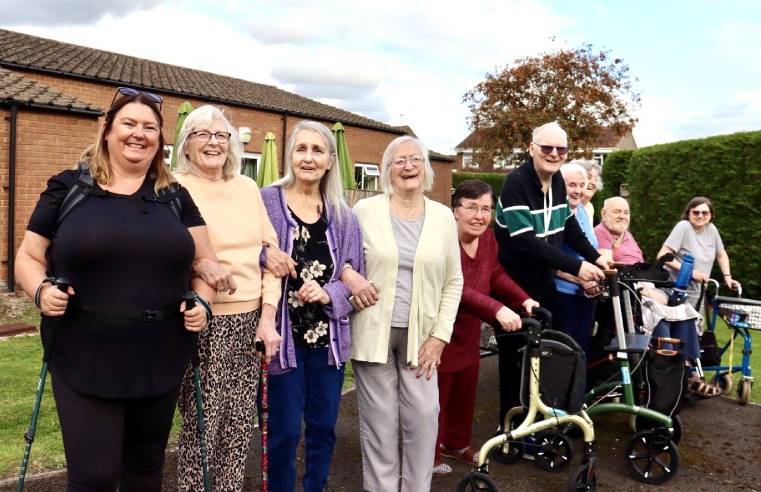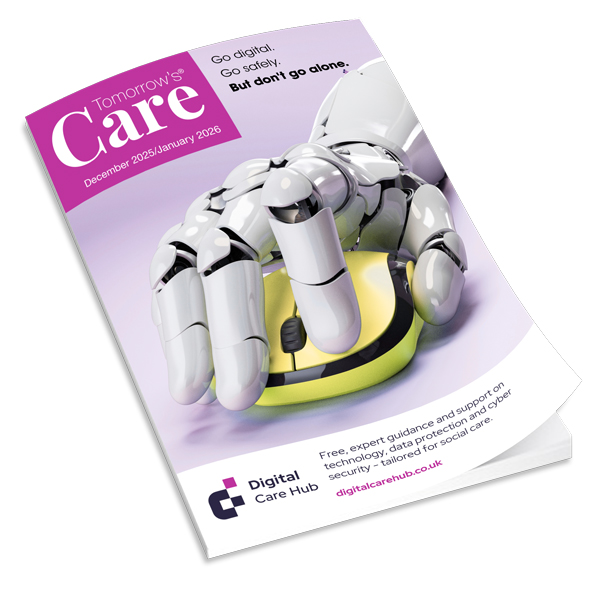A review published by the CQC today has found that people from certain groups in society are experiencing poorer quality end of life care than others.
The CQC review, entitled A Different Ending, revealed that only 67% of the 40 CCG’s surveyed had assessed the end of life care needs of their local populations.
Of the 27 that had assessed the end of life care needs of their local populations, only 18% had commissioned specific services for at least one of the population groups considered in its review as a result.
The CQC have expressed concern that the lack of attention given to this area means local health and care services lack the resources to deliver truly personalised care, meaning people’s wishes are not met.
The report found that in some areas commissioners and providers are taking an equality-led approach.
However the review raised serious concerns that some might not be fulfilling their duties under the Equality Act 2010, which states that all public bodies have a legal duty to consider the needs of a range of equality groups when carrying out their day-to-day work.
The CQC is using this review to encourage care providers to ensure everyone has the same access to high quality, personalised care at the end of their lives, regardless of their diagnosis, age, ethnic background, sexual orientation, gender identity, disability or social circumstances.
Professor Steve Field, Chief Inspector of General Practice at the Care Quality Commission, said: "While we know there are hospitals, GPs, care homes, hospices and community services across the country that are providing good, and even outstanding, care to people at the end of their lives, one person that does not get this is one person too many.
“Family members that we spoke to told us they felt marginalised because their loved ones did not have the same level of access to services, or felt like they were treated differently to other people receiving end of life care.”
The report highlighted that health and care staff do not always have conversations early enough with people who have chronic progressive illnesses other than cancer.
As a result people are not always given appropriate care or the opportunity to make plans and choices with their loved ones about how and where they would prefer to be cared for and die.
The CQC has concluded that more needs to be done and are urging healthcare staff to improve communication between themselves and those who are dying, so that individual needs are always identified and addressed.
Claire Henry, MBE, Chief Executive of National Council for Palliative Care & Dying Matters Coalition, said: “We are glad to have helped the CQC with this report, which demonstrates the importance of making good end of life care priority for everyone.
"To do so, we need to understand people’s needs and priorities, and shouldn’t make assumptions about anyone. I hope this report brings about real change, because we are failing as a society if anyone suffers needlessly in their final weeks, days and hours.”
Professor Bee Wee, NHS England’s National Clinical Director for End of Life Care, said: "International comparisons rate the UK as the best country in the world for end of life care. But there is clearly more that can be done to ensure that all patients experience good quality care, regardless of their age, gender, race, condition or other factor.
“Working with national partners, we will use these findings to inform our ongoing work to reduce inequalities in access to care, and encourage CCGs to study the findings to understand and address variation in their local areas.”
Jane Mordue, interim Chair of Healthwatch England, said: “Poor end-of-life care denies people a dignified, peaceful death and causes suffering to them and their loved ones. The key now is to see best practice replicated across the country to ensure everyone experiences a dignified death.”
More needs to be done to improve end of life care, says CQC

Published on 09/05/2016
Related News
Categories
- CQC ratings
- Care home news
- Care jobs
- Care planning
- Care sector awards
- Care sector events
- Care sector news
- Care staff
- Charity
- Cleaning & Hygiene
- Construction
- Dementia
- Disability
- Entertainment
- Finance
- Fitness
- Food & Drink
- Fundraising
- Furniture
- Health & Safety
- Healthcare
- Hospice & Palliative Care
- Hospitals
- Industry Comment
- Interiors
- Laundry
- Legal
- Leisure
- Medication
- Mental Health
- Mobility
- New appointments
- PPE
- Products
- Property
- Recruitment
- Relationships
- Research
- Safeguarding
- Security
- Services
- Social care
- Sustainability
- Technology
- Training
- Transport
- Uniforms
- Waste
- Wearables




















